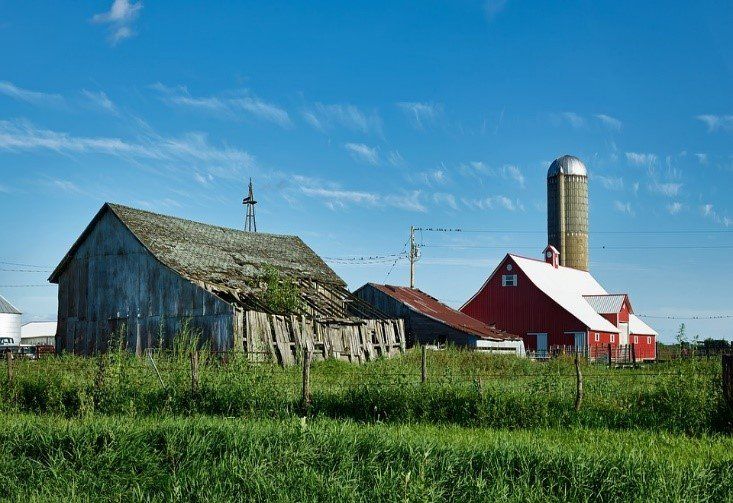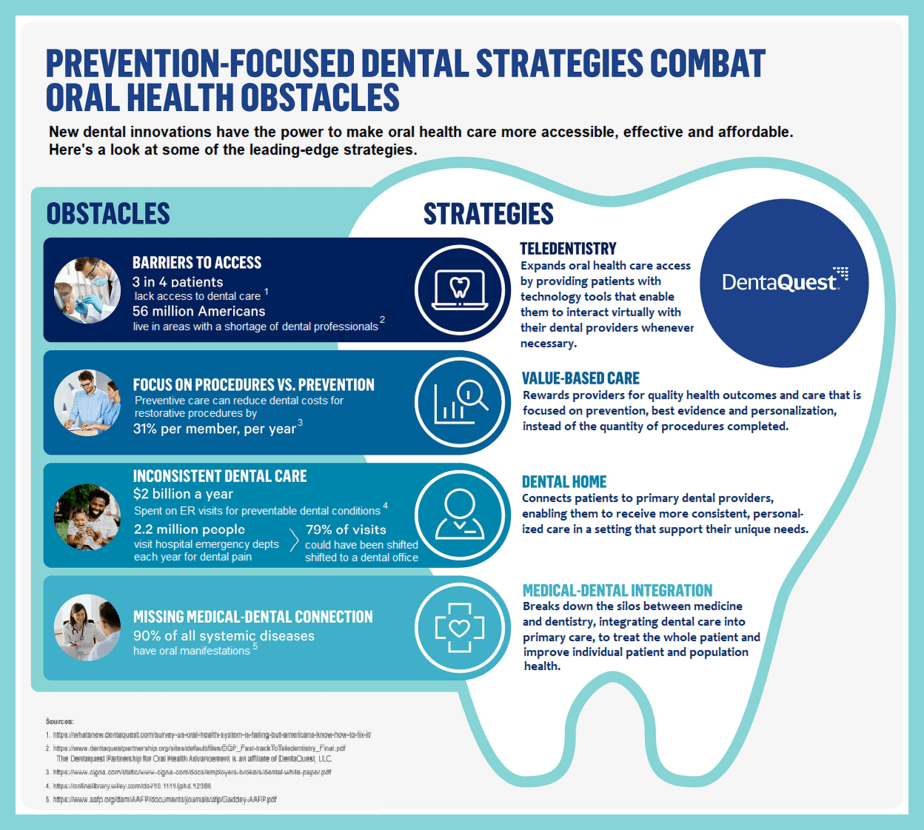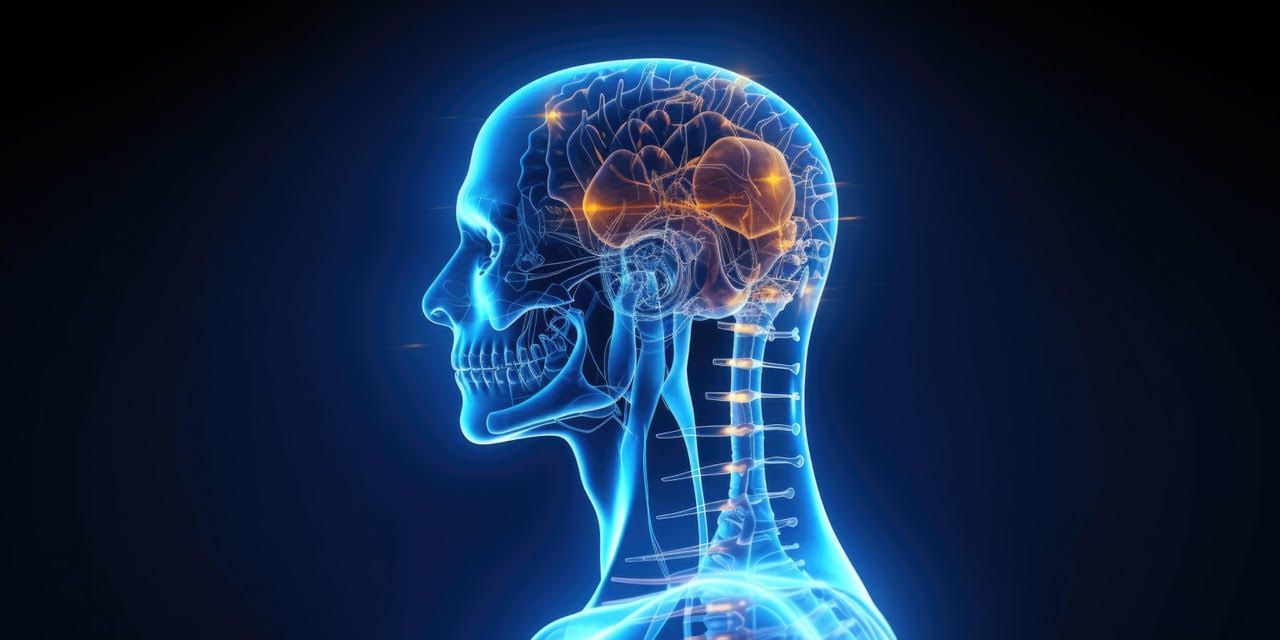State of Decay: Dental Care in Rural Iowa

Access to Dental Care Seriously
Limited for Rural Iowans
Vadim, a 26-year-old California truck driver, was headed to New York when he started feeling pain on the left side of his mouth. He pulled over in Oklahoma to see a dentist, who diagnosed a tooth infection and prescribed antibiotics.
The pain temporarily subsided -- but then increased. After he delivered the load in New York, Vadim felt too weak to drive back alone, so his brother joined him. By the time they reached Utah, he had to be taken to a hospital and placed on oxygen.
The infection spread to his blood and lungs. Doctors administered stronger antibiotics and placed him on dialysis.
Four days later, he was dead.
While deaths from tooth infection are relatively rare these days, many chronic diseases are nevertheless directly attributed to poor dental health – particularly in rural communities. In fact, rural Americans are twice as likely to lose their adult teeth as their urban counterparts. For these residents, tooth decay and periodontal disease are commonplace, despite being largely preventable.
Obstacles to Dental Care
What makes rural America so vulnerable to dental disease? A number of factors come into play, creating a tangled web of disparity. Here are the most prominent reasons:
Acute Provider Shortages
Because dentists often graduate with heavy debt, they tend to establish practices in populated areas where they can attract more paying patients. Rural areas offer too few paying customers for a practice to be profitable.
Furthermore, in high-poverty areas (such as many rural districts), most potential patients are covered only by Medicaid, resulting in low profit-margin payouts for dentists. (See "Fewer Dentists Accepting Medicaid," below.)
With such a severe shortage of dental providers, rural residents must travel farther to obtain oral care. This results in a significant burden on those without adequate transportation.
Fewer Dentists Accepting Medicaid
Iowa’s dental Medicaid rates have not changed in 20 years, reimbursing only 30-40 cents for every dollar of care provided. As a result, fewer Iowa dentists are now accepting Medicaid.

Dental HPSAs in Iowa
A dental HPSA (Health Professional Shortage Area) is an area or population federally designated as having an acute shortage of dental practitioners.
- Eighty-six of Iowa’s 99 counties are designated dental care shortage areas. For 77 of them, the dental HPSA includes the entire county.
- Twenty-one of these 86 counties are considered high priority (e.g., they have one or less than one full-time dentist, or their dentists are all aged 60 or older).
- Only 12 of Iowa’s HPSAs are in “metro” areas (i.e., they have an urban core of 50,000 or more people). The remainder are rural.
- Twelve percent of Iowa’s population resides within a dental HPSA.
- Four Iowa counties have no dentists, and three counties have no full-time dentists.
And while every adult Medicaid member is enrolled in the state’s Dental Wellness Plan, the annual benefit maximum is limited to $1,000 per year (excluding preventative, diagnostic or emergency services).
Higher Poverty Rate
The rate of poverty is higher in non-metro areas. Rural residents living in poverty can afford neither dental care nor dental insurance. Even for those residents who are employed, research indicates that employers in rural areas are less likely to offer dental insurance than those in more populated areas. (See "Fewer Dentists Accepting Medicaid," above.)
Older Population
Rural America comprises a higher percentage of people age 65 and over. Most of these residents are not employed and are less likely to carry dental insurance. Because they are older and sicker than urban dwellers, rural Iowans rely more heavily on Medicaid and Medicare. Traditional Medicare does not include dental benefits and, of course, fewer dentists are now accepting Medicaid.
Strategies for Bridging the Care Gap
The disparity in dental care between metro and rural populations is not new, although it has become more pronounced as the U.S. population ages. Over the years, numerous strategies for addressing the dental care gap have been proposed.
Active Recruitment
Actively recruiting new dentists to fill gaps in underserved communities is crucial in light of the current shortage and imminent retirement of many practicing dentists.
Efforts such as The FIND (Fulfilling Iowa's Need for Dentists) Project do just that. Working with the University of Iowa College of Dentistry and the Iowa Department of Public Health, as well as professional and civic organizations, The FIND Project has helped to repay loans and establish private practices for 56 Iowa dentists over the past 20 years.
The Iowa Area Development Group (IADG) is also actively involved in helping to procure local funding and low-interest loans for the establishment of dental care offices in rural communities.
--Article Continues Below--

Dental Therapists
A dental therapist is a midlevel provider who assists a dentist in much the same way that a nurse practitioner assists a doctor: by performing the common, lower-level procedures, enabling the dentist to focus on more complex cases.
Dental therapists are an emerging healthcare trend that can both increase access for underserved populations and drive down dental costs. They are trained in routine preventive and basic restorative services, and are authorized to practice under the dentist’s “general supervision.”
This means they may travel and treat underserved populations across the state, even if the dentist is not present.

The I-Smile™
Program
The I-Smile™ Program, sponsored by the Iowa Department of Public Health (IDPH) is a statewide initiative to connect Iowans in all 99 counties with dental, medical, and community resources.
The program’s 23 designated coordinators collaborate with local dentists to establish dental homes for underserved Iowa populations and also partner with community leaders in recruiting new dentists.
A 2018 federal study recommended that individual states should “evaluate emerging healthcare occupations, such as dental therapy, and consider ways in which their licensure and scope of practice can increase access and drive down consumer costs while still ensuring safe, effective care.”
As of October 2021, 13 states have authorized the use of dental therapists; Iowa is not one of them. (For a more in-depth examination of how dental therapy can benefit Iowa, see the white paper “Iowa Needs Dental Therapists.”)
Medicaid Reimbursement Rate Increase
Fewer Iowa dentists are accepting Medicaid because the plan’s reimbursement rates are so abysmal they don’t even cover the costs of basic procedures. Neighboring states of Minnesota and Wisconsin had the same problem, which is why they recently increased their dental reimbursement rates by 98%, so underserved populations can get the care they need.
Most Iowa dental practices are small businesses operating on fairly tight budgets. They’re happy to give back to the community, and often do so through multiple charity programs. But they are forced to limit or exclude new Medicaid patients because they cannot afford to do otherwise.
Increasing the state's reimbursement rate would enable more dentists to provide preventative care to rural Iowans, reducing both the number of dental emergencies, as well as the distance patients must travel to receive care.
Mobile Oral Health Programs
Mobile oral health programs have been successfully developed and widely used in other predominately rural states.
Portable dental clinics, such as mobile dental vans, travel to various rural population centers to provide preventive care, x-rays, and other dental procedures.
The following video clip highlights the mobile program operated by Delta Dental to expand dental care access for children throughout the rural areas of South Dakota:
Sources:
Featured Image: Adobe, License Granted
Health Journalism
We Are Iowa
Rural Health Information Hub
Tax Education Foundation of Iowa
Des Moines Register
Recent Posts











Share On: